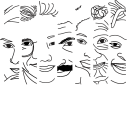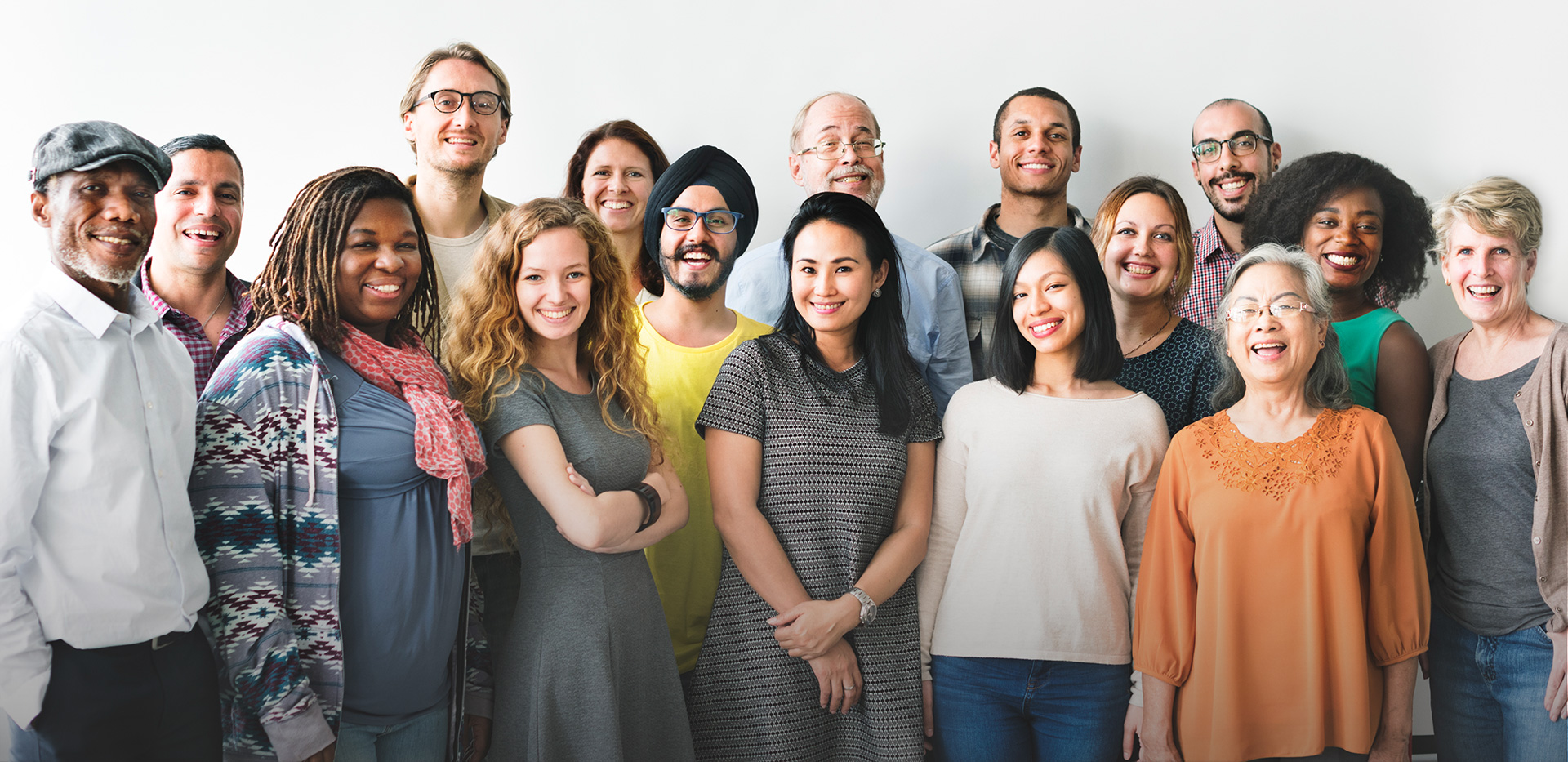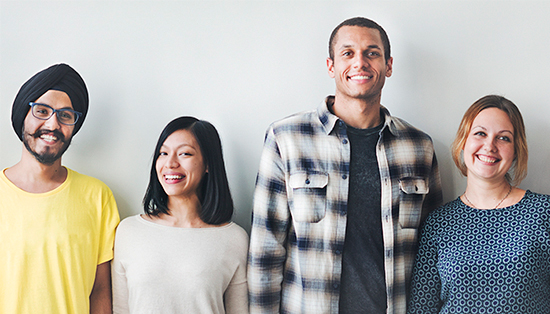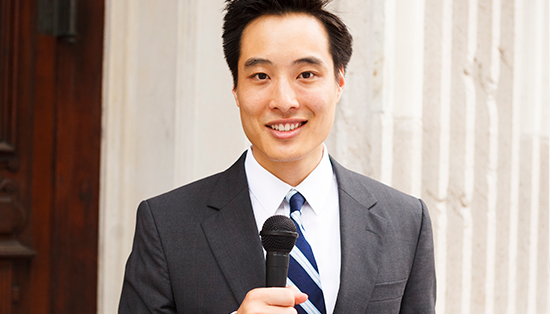 There is more to HIV prevention than just quality health services and medicines, according to this year’s World AIDS Day campaign, which starts on December 1.
There is more to HIV prevention than just quality health services and medicines, according to this year’s World AIDS Day campaign, which starts on December 1.
The campaign My Health, My right focuses on the right to health and explores the challenges people around the world face in exercising their right to health.
“All people, regardless of their age, gender, where they live or who they love has the right to health,” said Michel Sidibé, Executive Director of UNAIDS.
The campaign highlights the right of everyone, including people living with and affected by HIV to be treated with respect and dignity, according to Barbara Luisi, manager of the Multicultural HIV and Hepatitis Service (MHAHS).
“The campaign reminds people that a person’s right to health is compromised when they are unable to access appropriate HIV testing, prevention and treatment. Marginalized communities, such as people from diverse cultural backgrounds, are often the least able to access their right to health and they are also among the most vulnerable to HIV,” said Ms Luisi.
The World Health Organisation estimates that there are about 36 million people living with HIV in the world today with about a third unaware of their HIV status. In Australia, there are 27,150 people living with HIV today with about 12% not knowing their status. About 30 per cent of new diagnoses among people from culturally diverse backgrounds are diagnosed late - meaning treatment may be less effective and the disease can be spread unwittingly.
HIV testing remains one of the most empowering ways to tackle HIV, according to Senior staff specialist, Western Sydney Sexual Health Centre Dr Catriona Ooi.
“HIV testing opens the door for many people to find out their HIV status and encourage their partners to get tested as well. This allows more people to know their status and get treatment and access prevention services. Some people can find it challenging to go to the clinic for a test so home testing for HIV is a great alternative. HIV home testing is another option which may suit some people,” said Dr Ooi.
With the HIV home test kit, anyone can prick their finger, get a drop of blood, and send it away for examination. Results are usually available within 5 working days.
HIV Home Test process
• Order the free HIV test kit online at www.hivtest.health.nsw.gov.au
• You will receive the kit by post in a confidential envelope, with everything you need to do the test.
• Take a few drops of blood from your finger: 5 drops is all you need.
• Send the blood sample back by mail (you don’t have to pay postage).
• You will get the results within a week by email, text message or phone call. It’s your choice.
• Free and confidential support services are available, including support in your language
HIV is most commonly transmitted through unprotected sexual contact. Condoms and taking a HIV pill everyday (called PrEP) to protect yourself from HIV remain key ways to prevent its transmission.
NSW Health has launched a HIV home testing social media tool kit to coincide with the campaign including an animation titled Do you need a HIV Test? emphasizing privacy and confidentiality.
About World AIDS Day
WAD is an opportunity to address the HIV-related stigma that still persists in Australia, undermining prevention, testing and treatment efforts and causing social isolation for many people living with HIV.
Numerous events are organised across Australia to support the HIV awareness campaign. www.worldaidsday.org.au
There is currently no cure or vaccine available for HIV/AIDS. However, there are effective treatments that can greatly slow the effect HIV has on the body, and means that people with HIV can live long, healthy and productive lives.
For further information on free and anonymous HIV testing, please contact your local sexual health clinic, listed under Sexual in the White Pages.
To contact a service using a telephone interpreter, call 131 450 from anywhere in Australia for the cost of a local call. Discussions through an interpreter are always confidential.
Some of the major sexual health clinics in Australia include:
NSW: Sydney (02) 9382 7440 / Liverpool (02) 9827 8022
VIC: Melbourne (03) 9347 0244
SA: Adelaide (08) 8226 6025
QLD: Brisbane (07) 3227 8666












